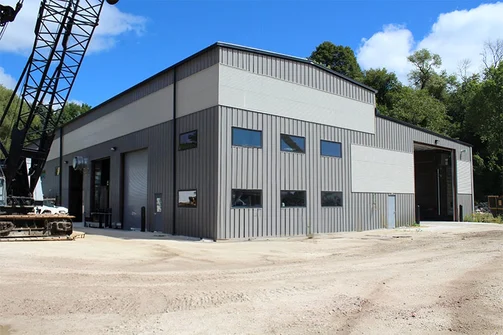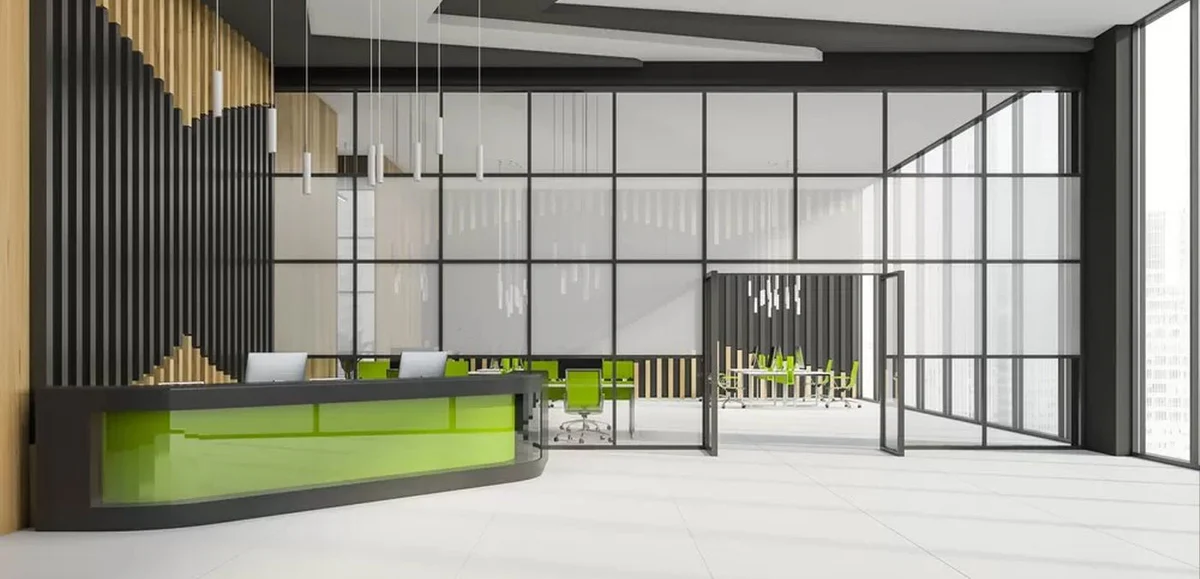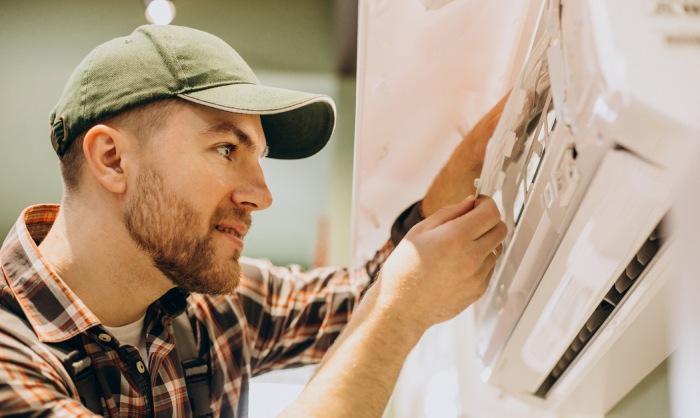Bankruptcy processions can either reduce or eliminate your debts. However these processions can have a very negative impact over your credit report or score. This means that it becomes difficult for you to obtain any sort of credit for things such as car loans or home mortgages. Filing Chapter 7 bankruptcy is a “second chance” to regain control of your finances by having most of your unsecured debt, including credit card debt, medical bills, and personal loans legally discharged by a bankruptcy court.
In order to know whether you can buy a house after a Bankruptcy procession you need to first understand how this proceeding works.
Bankruptcy and official receiver
When you become bankrupt, all of your property goes under the control of an official receiver who will collect and investigate information provided by you to ascertain your financial claims. This official receiver is responsible for assessing whether you can or cannot pay your debts. This assessment involves questionnaires, interviews and public examinations. Therefore all your creditors must be informed as in some cases the official receiver acts as a distributor of property and money between your creditors.
If you need immediate assistance for filing a Bankruptcy under the Bankruptcy code, you can reach out to a debt relief agency like Daisy M. Holder
Failing to cooperate with your official receiver:
Cooperating with your official receiver is essential in order to ensure a lawful handling of the case. Otherwise they can apply for an arrest warrant or restriction orders as well as discharge from bankruptcy to be suspended in court. You can also be prosecuted for any offenses you’ve committed or failing to comply with the rules of cooperation.
In case you need immediate assistance due to some failure in compliance for certain reasons, you can contact Shane Brown Bail Bonds for helping you out on bail.
How to Buy a House after Bankruptcy
Bankruptcy Discharge: A bankruptcy discharge is a court order that releases you from the debtor and prohibits the creditors from collecting any discharged debts. In order for you to request a mortgage loan, you first need to have a bankruptcy discharge. Having this doesn’t ensure that you can easily get any loans but it is certainly something that lenders will want to see. A bankruptcy case is often closed after a bankruptcy discharge.
Credit report: A bankruptcy can stay on your credit report for over 10 years. It is something that the lenders look at in detail along with your credit history in order to determine your credit-worthiness. However this does not mean that you need to wait for 10 years in order to apply for a mortgage loan. As long as you ensure that your credit report is accurate and up to date, it can be rebuilt gradually.
Rebuilding credit: To qualify for a mortgage loan, you need to be able to prove to lenders that you will be able to pay back your debts. Even though a bankruptcy may fairly limit your options of achieving that easily, you can still start using secured credit cards or installment loans.
Secured credit cards: These are backed by your savings account which is collateral for your credit line limit. In case you fall back on payments which you shouldn’t at all costs, your creditor will reduce your credit limit and draw from your savings account. The activity of this card is reported to credit agencies therefore it allows you to rebuild credit if handled properly.
Installments: Installments on the other hand require regular monthly payments for a specific amount over a specific period of time. These loans are the most common type of loans when it comes to buying cars or houses. Building your credit with installment loans of course implies that these installments are paid monthly. In case you fail to pay the monthly installment it can make your case even worse. Therefore make sure that you can pay the debts before you take any installment loans.
Timing: Lastly, the timing matters a lot. Even though you can qualify for a mortgage loan even after bankruptcy, it is still wiser to wait for at least two or three years and work on getting your financial terms better. You’re more likely to get better terms and interest rates in this way considering that even little differences in interest rates can affect the total installments and the cost of your home.
Conclusion
Even after going through a bankruptcy process, you can still buy a house. However it may take some proper financial planning and a lot of patience. For this purpose you need to keep a proper tab on your credit scores and start rebuilding them. Bankruptcy is an unfortunate reality for most people but rest assured it doesn’t mean that you can no longer obtain a mortgage in future. Just make sure that all the payment or installment loans that you take are made on time every month.
For further intake on home buying assistance and suitable mortgage plans visit Cambria Mortgage.











